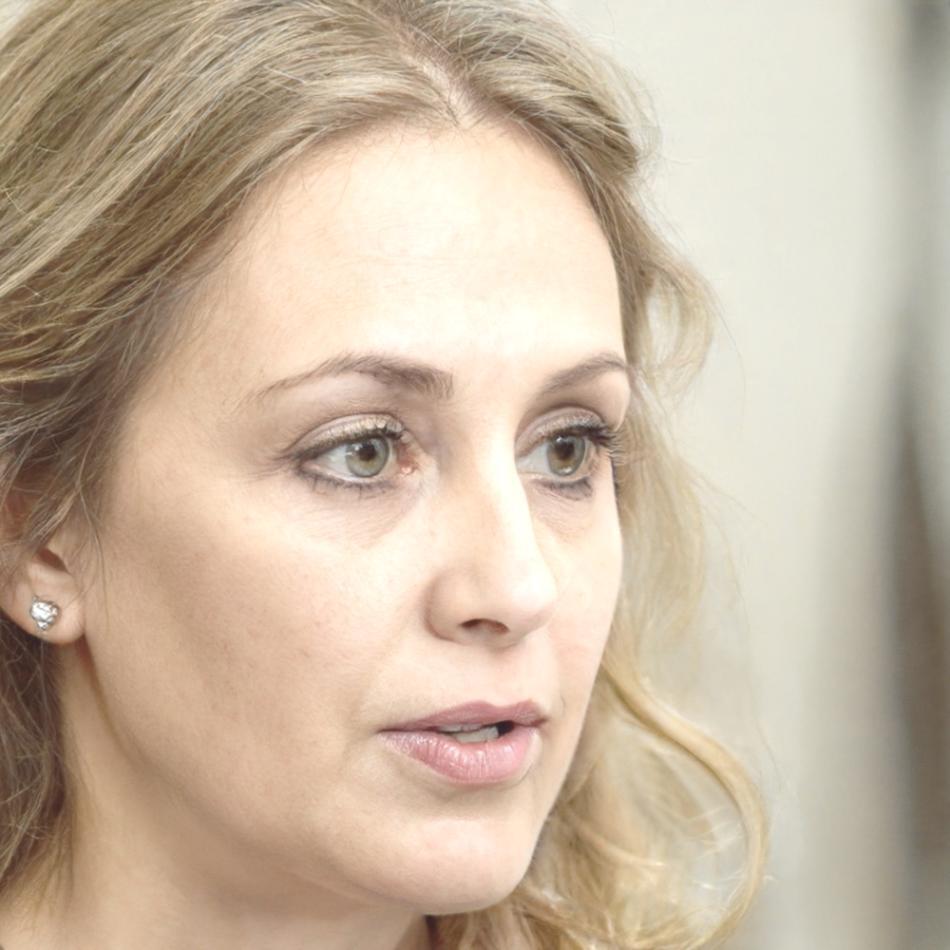Common Questions About Event Budget Planning
Planning an event in Thailand comes with its own set of financial considerations. We've gathered the most frequent questions our clients ask about managing event budgets effectively.
Getting Started
New to event budgeting? Start here to understand the basics of planning financially successful events in 2025 and beyond.
Program Details
Questions about our training structure, duration, and what you'll actually learn during your time with us.
Technical Setup
Everything related to tools, software requirements, and the technical aspects of budget management systems.
Investment & Support
Clear information about program costs, payment options, and the ongoing support available to participants.
Getting Started Questions
The first steps can feel overwhelming. Here's what most people want to know before beginning.
Program Structure & Learning
What actually happens during the training, and how we approach teaching financial planning.
Technical Requirements
The practical stuff about what you'll need to participate effectively.

Still Have Questions?
We get it—choosing a program feels like a big decision. And sometimes the questions you have are specific to your situation, not something a general FAQ can address.
Our team has been planning event budgets in Southeast Asia since 2018. We've worked with venues across Thailand, dealt with last-minute cost changes, and learned what actually works when money gets tight.
If you want to talk through whether this program makes sense for where you are right now, reach out. We'd rather have an honest conversation than have you sign up for something that isn't the right fit.
What Makes Our Approach Different
- We teach using actual event scenarios from the Thailand market, not theoretical examples from textbooks
- Small cohort sizes mean you get feedback on your specific budget challenges
- Access to a community of event planners facing similar financial questions
- Templates built from real events we've managed, not generic downloads
- Ongoing support after program completion—we don't disappear once you finish
The October 2025 program will include updated vendor pricing data and new case studies from festivals that happened in early 2025. We're constantly updating materials based on what's actually happening in the market.


Investment & Enrollment Details
The program costs 42,000 baht for the full 16-week course. That includes all materials, templates, access to recordings, and three months of post-program support.
We offer payment plans—you can split it into three installments if that works better. The first payment of 15,000 baht secures your spot, with the remaining 27,000 divided over the next two months.
Enrollment for the October 2025 cohort opens in July. We cap each group at 18 participants so everyone gets meaningful attention. The spring 2025 program filled up by March, so we recommend deciding early if you're interested.
No refunds after the program starts, but you can transfer to a future cohort within 12 months if circumstances change.

Ready to Get Started?
Whether you want to enroll in the October 2025 program or just learn more about what we teach, we're here to talk. Reach out with specific questions or schedule a call to discuss your event planning goals.
Contact Our Team